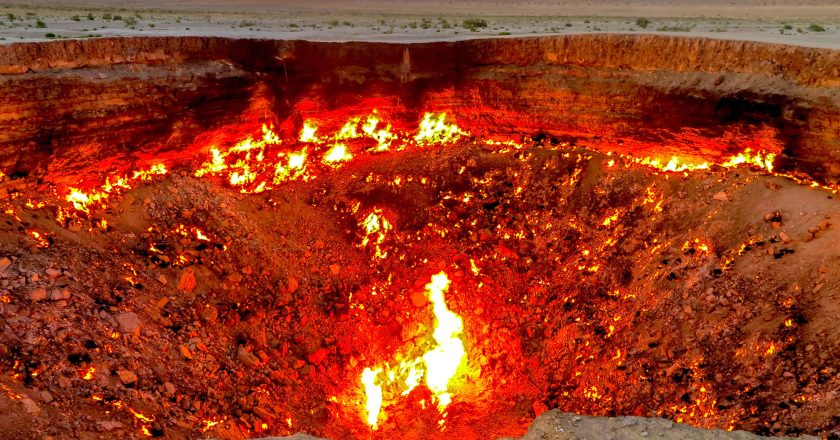Stitching Wounds With Ants: An Ancient Technique of Nature’s Surgical Aid
In the annals of medical history, stitching injured skin with ants stands out as a fascinating, albeit unconventional, practice that dates back thousands of years. This primitive yet effective form of wound closure involves using the mandibles of ants to pinch the edges of a wound together, much like sutures in modern medicine. While it may sound like something out of folklore, this technique was widely used by several ancient civilizations and indigenous tribes as a natural method to treat wounds in the absence of traditional surgical tools. (more…)




















